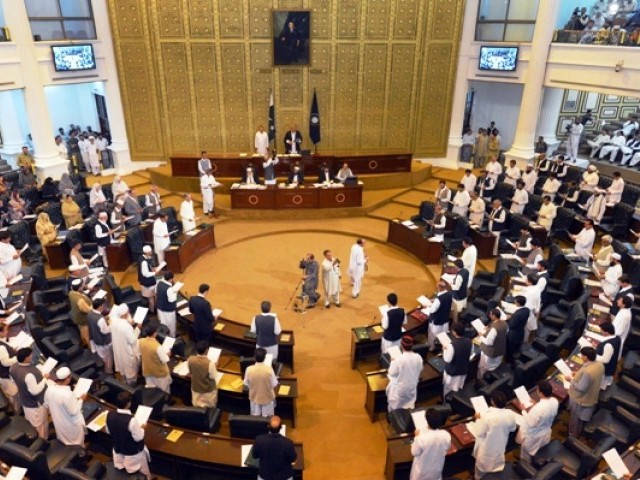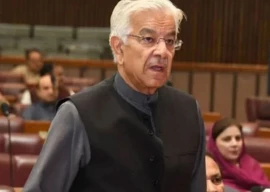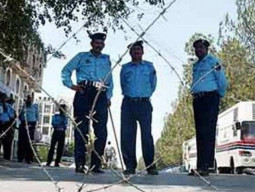
In 2002, Pakistan became the first country in South Asia to promulgate a Freedom of Information Ordinance, but this law remains weak on many fronts, especially regarding implementation mechanisms, and a long list of exemptions. Identical laws were passed in Balochistan (2005) and Sindh (2006), but as mere copies of the ineffective federal ordinance, they too do not sufficiently ensure citizens’ access to information held by public bodies. Indeed, these Pakistani laws are in the bottom 20 per cent in the Right to Information (RTI) index, a global ranking of RTI laws by the Canada-based Centre for Law and Democracy.
In 2010, the 18th Amendment to the Constitution recognised the right to information as a fundamental constitutional right. Through this amendment, Article 19-A was added, stating: “Every citizen shall have to right to access information in all matters of public importance subject to regulations and reasonable restrictions imposed by the law.” Khyber-Pakhtunkhwa (K-P) was the first province to promulgate an effective RTI Ordinance in August 2013. This became an Act in November 2013 and was followed by the Punjab Transparency and Right to Information Act 2013. These two provincial laws are considered amongst the best RTI laws in the world. The K-P RTI Ordinance was even listed as the third most effective law in the RTI global ranking, scoring 137/150 points, while the Punjab RTI law scored 119/150 points.
While K-P and Punjab are near the front of the global movement towards RTI, following their constitutional obligations, the federal, Sindh and Balochistan governments are still lagging behind in ensuring citizens’ right to information through effective RTI laws. It is very encouraging that the draft version of the federal RTI bill has achieved top ranking in the world, with 146/150 points. If this law is enacted, Pakistan will be 13 points ahead of the next best RTI law in the world, that of Serbia, with 135 points. Sindh and Balochistan governments are also drafting effective RTI bills to replace their defunct Freedom of Information Acts.
Opposition to the RTI regime in Pakistan is not unexpected. RTI laws are considered sunshine laws, which ensure transparency and accountability. The principles underpinning solid RTI legislation include maximum disclosure, a process to facilitate access to information, limited scope of exemption, no deterrence from costs for citizens who wish to access information, and protection of whistle-blowers. Under the K-P and Punjab RTI laws, information commissions have been established to ensure that these principles are upheld. The K-P government has also demonstrated a commitment to reverse amendments which exempted its assembly from the ambit of the RTI law. This is an important step in keeping these laws protected from the forces of the status quo, and from those who benefit from the culture of secrecy.
There is a need for a swift and effective mechanism to implement the decisions of information commissions. Constitutional courts should only be courts of appeal against the decisions of information commissions, as high courts have powers under Article 199 of the Constitution to protect fundamental rights. There is an ambiguity in the K-P RTI Act about the appeal court, which the provincial assembly is expected to address soon.
The role of Public Information Officers (PIO) designated by each public body under the K-P and Punjab RTI laws is central to the implementation of these laws. PIOs are the first point of contact between citizens and public bodies. The government and public bodies should facilitate PIOs in the proactive disclosure of information as much as possible. This suggests a need for significantly reforming and modernising mechanisms of traditional record-keeping by public bodies. As public records are digitised, public bodies will be able to provide information in a timely fashion. Furthermore, PIOs should be empowered to share information upon request as required by RTI laws. The current bureaucratic structure compels PIOs to seek permission from the heads of public bodies, the secretaries, before disclosing information. PIOs should not be bound by such restrictions and any departmental rule, which binds them should be amended.
The number of information requests under RTI laws is expected to increase manifold as citizens become aware of these laws. Thus, the most important aspect of both Punjab and K-P RTI laws is proactive disclosure. Public bodies should disclose as much information as possible proactively, using digital means. This will greatly reduce the number of information requests and limit the burden on PIOs to respond to such requests. The sooner the public bodies digitise public records, the better.
Published in The Express Tribune, August 29th, 2015.
Like Opinion & Editorial on Facebook, follow @ETOpEd on Twitter to receive all updates on all our daily pieces.
































1714024018-0/ModiLara-(1)1714024018-0-270x192.webp)










COMMENTS (2)
Comments are moderated and generally will be posted if they are on-topic and not abusive.
For more information, please see our Comments FAQ